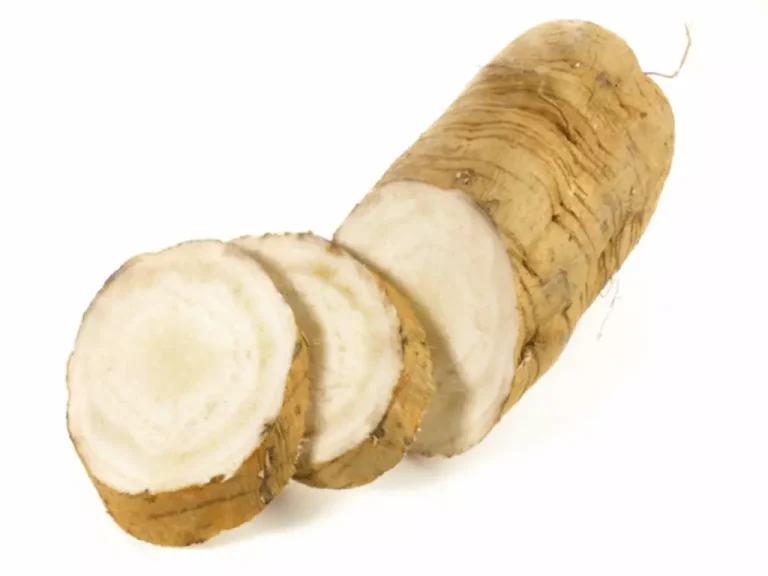
The present study explored possible mechanisms to explain how kudzu extract reduces alcohol consumption in humans. The results imply that a reduction in consumption exhibited in previous studies is not likely due to an increase in the subjective intoxicating effects of alcohol or to an increase in alcohol’s effect on psychomotor performance or cognitive processing. However, it is interesting to note that two measures of physiological responses – heart rate and skin temperature – were accentuated by kudzu pretreatment.

The isoflavone puerarin reduces alcohol intake in heavy drinkers: a pilot study

The information we provide while responding to comments is not intended to provide and does not constitute medical, legal, or other professional advice. The responses to comments on fitrecovery.com are designed to support, not replace, medical or psychiatric treatment. If you have any questions about using kudzu recovery for alcoholism, please leave them https://ecosoberhouse.com/article/blood-thinners-and-alcohol-risks-and-side-effects/ in the comment box below. In my opinion, the Planetary Herbals brand is a great option for someone who has not yet quit drinking, and who wants to try pure kudzu powder on its own. However, there are a lot of supplements that claim to contain it that are mostly cheap fillers. It is known to be extremely safe, with very few reported adverse side effects.
Phytotherapeutic approach to alcohol dependence: New old way?
Kudzu root is an edible part of a climbing vine that’s native to many Asian countries. It’s been used for health purposes in Traditional Chinese Medicine for a really long time. Some health companies sell the kudzu root species Pueraria mirifica as a supplement for menopausal and postmenopausal women.
Common Side Effects
The device consisted of a 0.76 m square plywood platform mounted on 4 pressure sensitive load cells. Output from the cells was collected on a dedicated computer running software that computed a single point in Cartesian coordinate system at a rate of 20 Hz. Stability/sway was defined as an area measurement of the total points kudzu to stop drinking collected in a 30-second period. As this was one of the initial uses of the device, 4 different stance positions were evaluated. The subjects stood erect on the platform with feet together with their eyes either open or closed, and with their arms either by their side or extended to the side with their palms facing upward.
- The isoflavone puerarin is the most abundant antioxidant compound in the kudzu vine (6).
- AlcoholAwareness.org provides a platform where you can access various free resources, including articles, self-assessment tools, and information about local support groups and treatment centers.
- If you have any questions about using kudzu recovery for alcoholism, please leave them in the comment box below.
- As a safe, over-the-counter preparation, kudzu may be used alone in initial attempts to curb alcohol consumption, but it may also become a useful adjunct to the currently available prescription medications.
- Thus, scientists need to do more research in this area on the effects of kudzu root specifically.
- The arrowroot starch derived from the Kudzu plant is also used in cooking as a thickener.
This experimental day was always a placebo drink but after either a week of treatment with placebo or kudzu extract. Results from these experimental days again showed no effect of the kudzu extract alone on our measures. Kudzu root gets some serious rep’ for helping folks ease off of the booze. One small study looking at the effects of kudzu in a group of men that reported drinking between 22 and 35 drinks per week shows promising results. After consuming kudzu extract for 4 weeks, the participants reduced their number of weekly alcoholic beverages by at least a third.
How can I stay safe when buying medicines online?
Kudzu is believed to have its origins in China, where its tuberous root, known as Ge-gen, has been considered a valuable part of the traditional medicine for two millennia. Two classic traditional Chinese medical texts, The Internal Book of Huang Di and Shang Han Lun, reference the use of tea made from kudzu root (Radix puerariae or RP) for stiffness, neck and eye pain, and fevers as far back as 200 BC. The resultant call for adopting a zero tolerance policy for alcohol-impaired driving3 has necessitated seeking effective treatment strategies for patients with alcoholism. One component of such a strategy would be the development of a drug to decrease ethanol craving. Kudzu, administered as the root extract, may play an important role in this regard. David M. Penetar, senior author of the study and assistant Professor of Psychology in the Department of Psychiatry at McLean Hospital, said that kudzu has been around for centuries to treat alcohol intoxication, hangovers and other related problems in humans.

Kudzu extract was administered in gelatin capsules containing 500 mg of extract (Alkontrol-Herbal™; NPI-031) prepared by Natural Pharmacia International, Inc., Burlington, MA. The extract contained 26% (130 mg) active isoflavones (20% puerarin, 4% daidzin, 2% daidzein; an improved HPLC analysis revealed that the total puerarin content includes both puerarin and 3-methoxypuerarin.). Participants were randomized on a blind basis to receive either 4 capsules of the extract (for a total of 520 mg isoflavones) or placebo (sugar beet filler) 2.5 hours before the start of an afternoon drinking session. This pretreatment time was selected based on our pharmacokinetic study of puerarin absorption and elimination (Penetar et al., 2006). In conclusion, a relatively short-term treatment with kudzu extract failed to have a significant effect on alcohol-induced intoxication and other psychomotor and cognitive effects.

